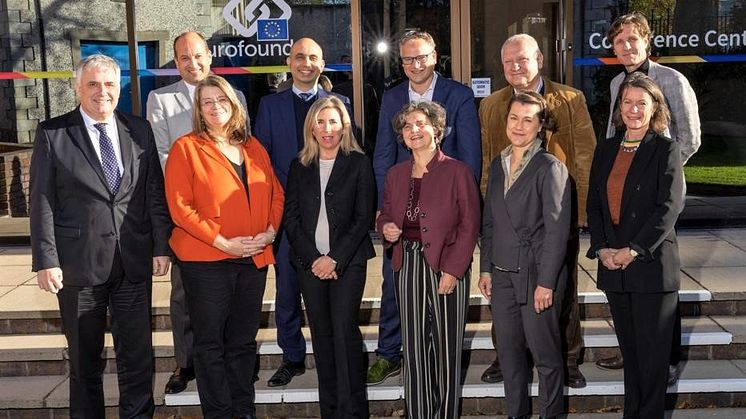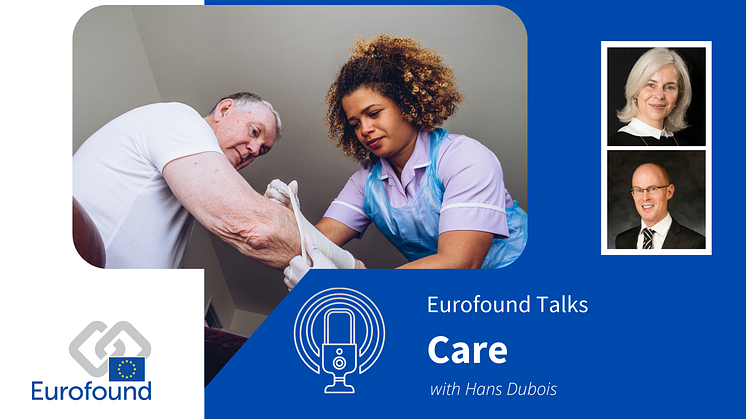Article: Minimum wage hikes struggle to offset inflation
With inflation expected to persist, a further depreciation of minimum wages in real terms can be expected in most Member States, as only a few foresee additional increases in 2023.

With inflation expected to persist, a further depreciation of minimum wages in real terms can be expected in most Member States, as only a few foresee additional increases in 2023.

Despite nominal increases in statutory minimum wages reaching an all-time high between January 2022 and January 2023, minimum wage workers in most EU countries are seeing their purchasing power decline or just about compensated, based on preliminary inflation figures.

The rising cost of living is the most pressing worry for 93% of Europeans, followed by the threat of poverty and social exclusion, according to a recent European Parliament Eurobarometer survey.

41.7 million people teleworked across the EU in 2021, double the number of 2019, as COVID-19 restrictions and changes in work culture significantly impacted work organisation.

The new factsheet on Living, working and COVID-19 in the European Union and 10 EU neighbouring countries presents a selection of results from the fifth round of Eurofound’s e-survey which extended to 10 neighbouring countries for the first time.

Oscar Vargas and Mary McCaughey use results from the Living, working and COVID-19 online surveys, the European Working Conditions Telephone Survey, and other analyses from Eurofound to investigate what the future holds for telework in Europe, and whether the mass rollout of telework has been to the benefit of workers and businesses.

Working experiences varied dramatically during the pandemic with those working from home during the COVID-19 pandemic faring better than other groups over a range of employment and working conditions indicators, even though many worked comparatively long hours and often with high levels of work intensity.

Stefania Rossi has been elected Chair of Eurofound’s Management Board at the Agency’s annual Management Board meeting in Dublin on 18 November. The annual gathering of representatives from governments, employer organisations and trade unions in all EU 27 Member States, and the European Commission and the European Parliament, also approved Eurofound’s work programme for 2023.

The new episode of Eurofound Talks looks in-depth at care: care for children, care for older people, care for those who are frail or with disabilities, access to care, the quality of care, and the working conditions of care workers.

The recovery in employment levels was faster for women than for men in the EU following the COVID-19 pandemic: in the last quarter of 2021 there were just over 2 million more women in employment and 1 million more men compared with the same period in 2020.

The impact of the COVID-19 crisis has deepened the traditional gender divides across many areas including the labour market, working conditions, work-life conflict and overall working time, according to findings from Eurofound’s latest research report; COVID-19 pandemic and the gender divide at work and home.

In advance of World Mental Health Day on 10 October, we use Living, working and COVID-19 e-survey data to take a closer look at the impact of the pandemic on mental health.
